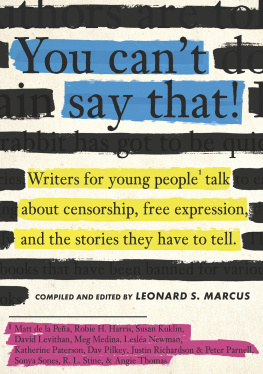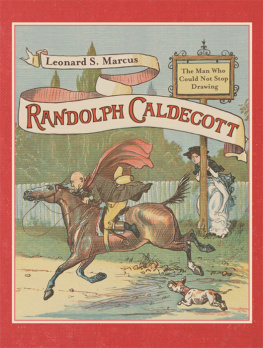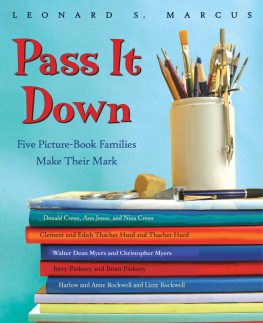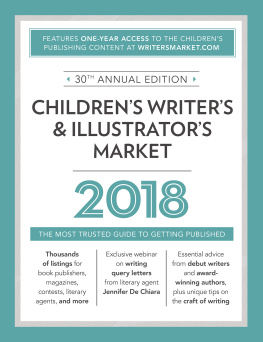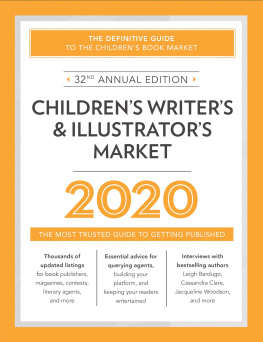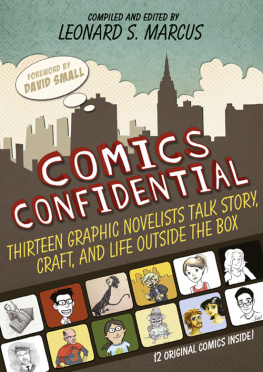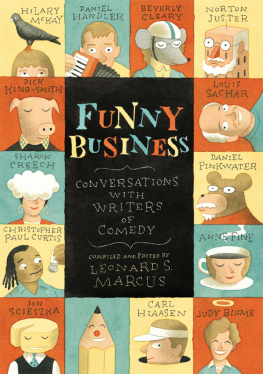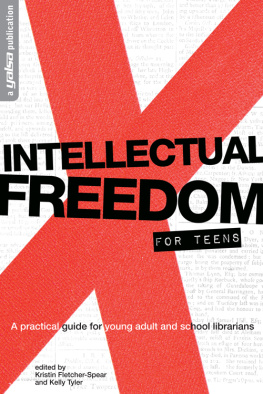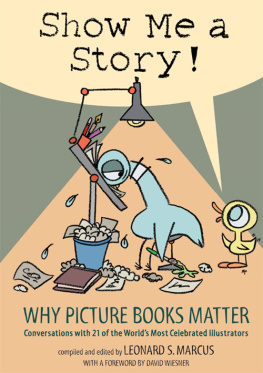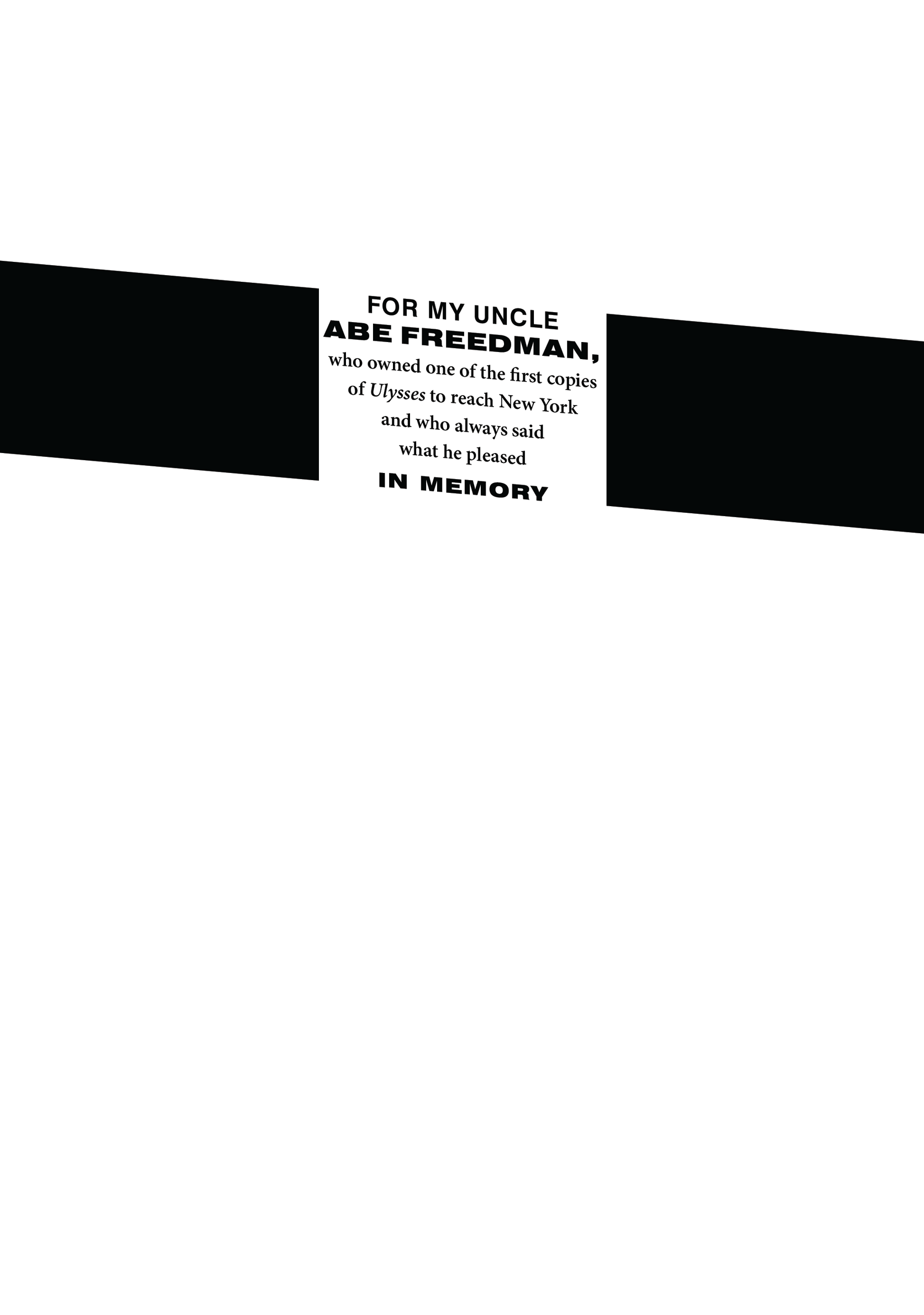Leonard S. Marcus - You Cant Say That!: Writers for Young People Talk about Censorship, Free Expression, and the Stories They Have to Tell
Here you can read online Leonard S. Marcus - You Cant Say That!: Writers for Young People Talk about Censorship, Free Expression, and the Stories They Have to Tell full text of the book (entire story) in english for free. Download pdf and epub, get meaning, cover and reviews about this ebook. year: 2021, publisher: Candlewick Press, genre: Art. Description of the work, (preface) as well as reviews are available. Best literature library LitArk.com created for fans of good reading and offers a wide selection of genres:
Romance novel
Science fiction
Adventure
Detective
Science
History
Home and family
Prose
Art
Politics
Computer
Non-fiction
Religion
Business
Children
Humor
Choose a favorite category and find really read worthwhile books. Enjoy immersion in the world of imagination, feel the emotions of the characters or learn something new for yourself, make an fascinating discovery.
- Book:You Cant Say That!: Writers for Young People Talk about Censorship, Free Expression, and the Stories They Have to Tell
- Author:
- Publisher:Candlewick Press
- Genre:
- Year:2021
- Rating:3 / 5
- Favourites:Add to favourites
- Your mark:
You Cant Say That!: Writers for Young People Talk about Censorship, Free Expression, and the Stories They Have to Tell: summary, description and annotation
We offer to read an annotation, description, summary or preface (depends on what the author of the book "You Cant Say That!: Writers for Young People Talk about Censorship, Free Expression, and the Stories They Have to Tell" wrote himself). If you haven't found the necessary information about the book — write in the comments, we will try to find it.
What happens when freedom of expression comes under threat? In frank and wide-ranging interviews, historian and critic Leonard S. Marcus probes the experience of thirteen leading authors of books for young people.
A powerful photo essay on transgender teens is called anti-religious and anti-family. A meticulously researched primer on sex education stirs up accusations of pornography and child abuse. Picture books about two mommies (or two penguin daddies) set off a hue and cry. Two hugely popular childrens series run afoul of would-be censors, one for its scatological humor, the other because its deemed too scary. Kids books that touch on race, sex, LGBTQ matters, the occult, coarse language, and more have found themselves under the scrutiny of those who challenge First Amendment rights.
Tune in as thirteen top childrens and young adult authors speak out about what its like to have your work banned or challenged in America today. Prompted by Leonard S. Marcuss insightful questions, they discuss why their books have faced censorshipboth blatant and softhow the challenges have or havent affected their writing, and why some people feel they have the right to deny access to books. In addition, Leonard S. Marcus puts First Amendment challenges in a historical context and takes a promising look at the vibrant support network that has risen up to protect and defend young peoples rights.
Authors interviewed include:
Matt de la Pea
Robie H. Harris
Susan Kuklin
David Levithan
Meg Medina
Lesla Newman
Katherine Paterson
Dav Pilkey
Justin Richardson and Peter Parnell
Sonya Sones
R. L. Stine
Angie Thomas.
Leonard S. Marcus: author's other books
Who wrote You Cant Say That!: Writers for Young People Talk about Censorship, Free Expression, and the Stories They Have to Tell? Find out the surname, the name of the author of the book and a list of all author's works by series.

